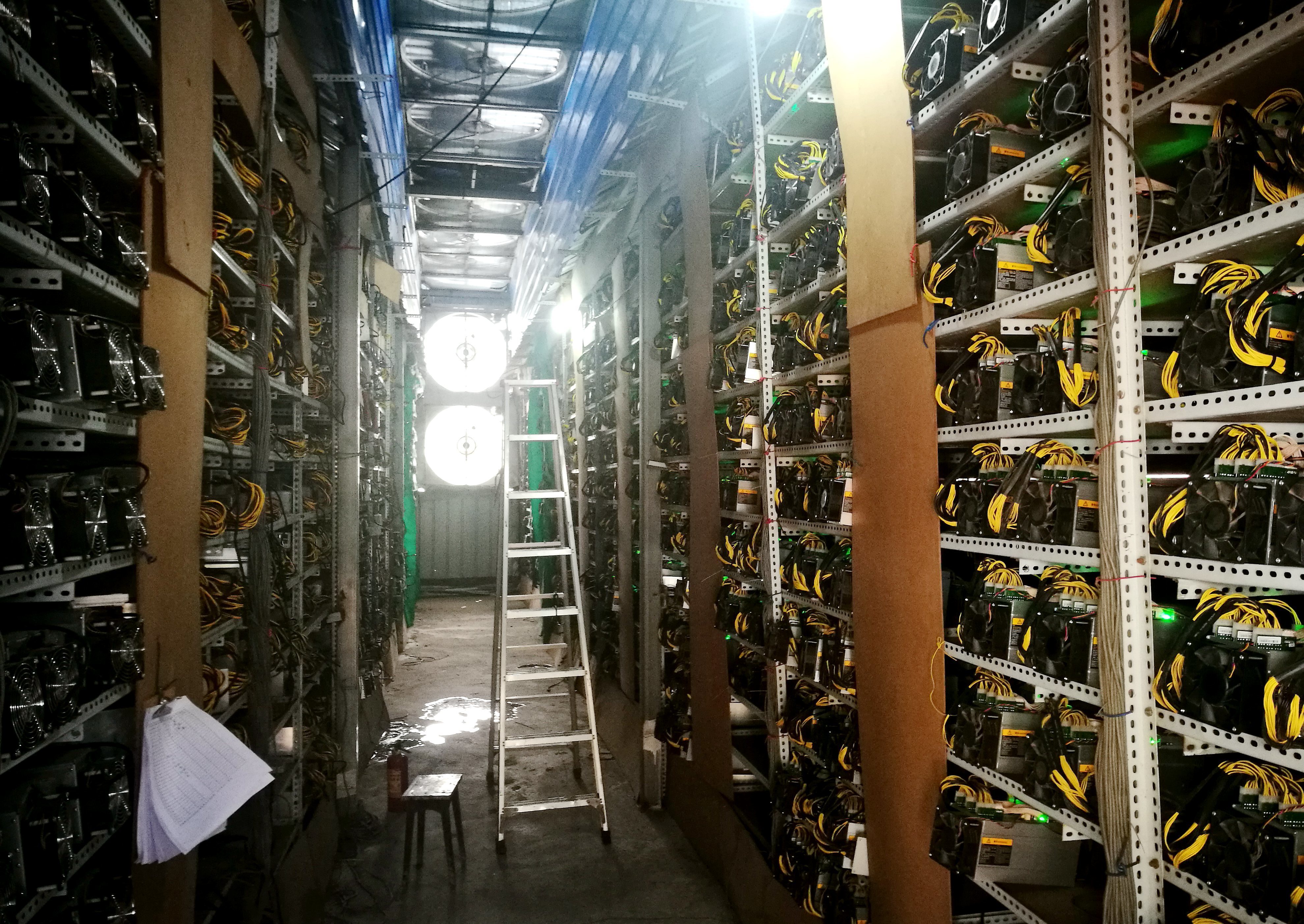Why China’s kicking out the crypto miners
The intensifying crackdown has sent cryptocurrency prices tumbling.

The news: China’s intensifying crackdown has sent cryptocurrency prices tumbling. China has been upping its regulatory squeeze on cryptocurrencies for some time, but it now looks likely that over 90% of Bitcoin mining capacity in the country will shut down, according to a report in the Global Times, which is published by the Chinese state. Last Friday, authorities in the southwestern province of Sichuan ordered crypto miners in the region to cease operating.
Yesterday, China’s central bank announced it was ordering banks to crack down on cryptocurrency trading.
The effects: On the same day, Bitcoin’s price dropped to $31,333—it’s fallen by 20% in the last week—amid increasing uncertainty about its future. Other cryptocurrencies also tumbled, and the entire market has dropped in value by 12% over the past couple of days, according to the cryptocurrency exchange platform CoinBase. These events are having an impact on hardware prices, too. Chinese consumers seeking to purchase graphics cards, which are critical components for Bitcoin mining, have found sharply lower prices in the past day or so. Some prices had plunged by as much as 66%, according to the South China Morning Post.
Why now: China sees cryptocurrencies, which are decentralized and unregulated, as a threat. Its central bank said they have “disrupted the normal order of the economy” and “increase the risks of illegal cross-border transfers of assets and illegal activities such as money laundering.” It is planning to become the first country to launch its own official digital currency, the e-yuan.
Another alternative: Bitcoin mining won’t cease because of China’s crackdown. Instead, operators will relocate elsewhere. Texas has been touted as a place that could benefit from the new restrictions in China, thanks to its relatively lax regulatory environment and cheap electricity.
This story was first published in our daily newsletter, The Download. Sign up to get the most significant goings-on in tech delivered to your inbox, every morning.
Keep Reading
Most Popular
Large language models can do jaw-dropping things. But nobody knows exactly why.
And that's a problem. Figuring it out is one of the biggest scientific puzzles of our time and a crucial step towards controlling more powerful future models.
How scientists traced a mysterious covid case back to six toilets
When wastewater surveillance turns into a hunt for a single infected individual, the ethics get tricky.
The problem with plug-in hybrids? Their drivers.
Plug-in hybrids are often sold as a transition to EVs, but new data from Europe shows we’re still underestimating the emissions they produce.
Stay connected
Get the latest updates from
MIT Technology Review
Discover special offers, top stories, upcoming events, and more.